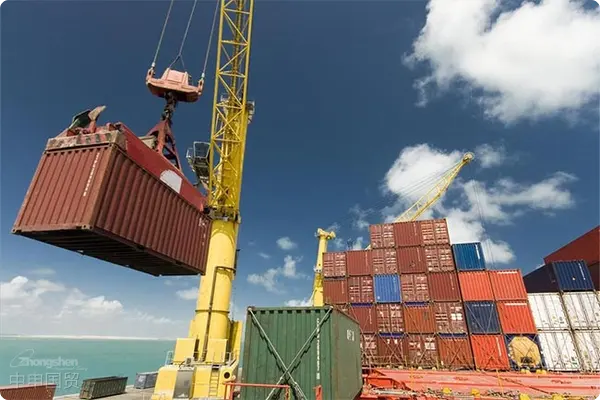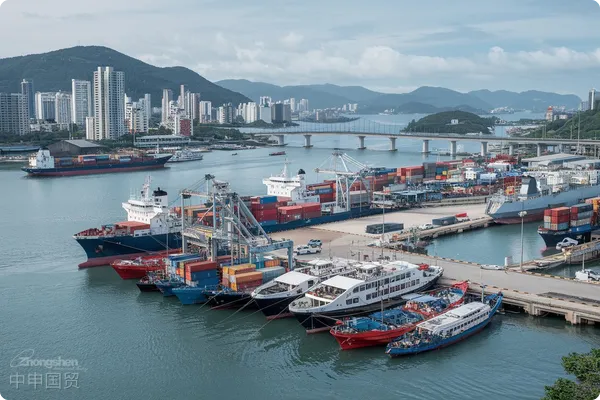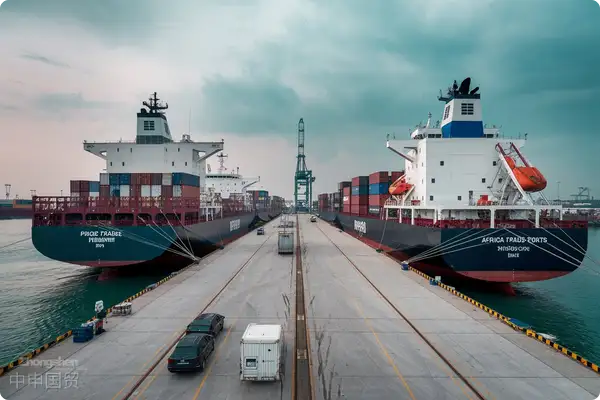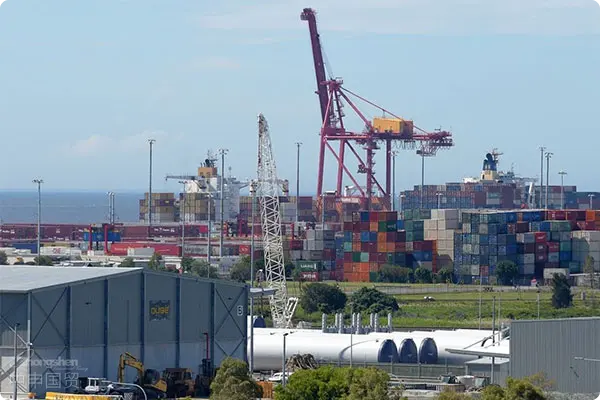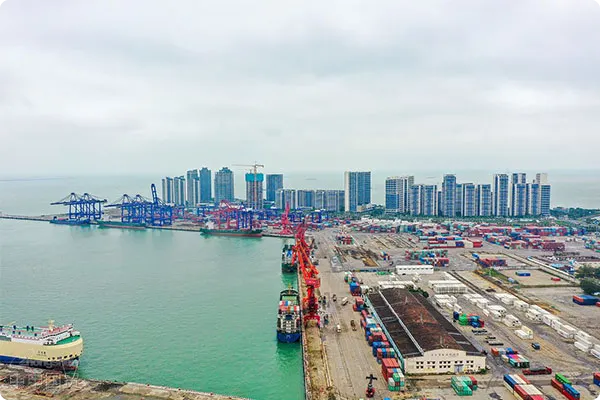- Shanghai Zhongshen International Trade Co., Ltd. - Two decades of trade agency expertise.
- Service Hotline: 139 1787 2118
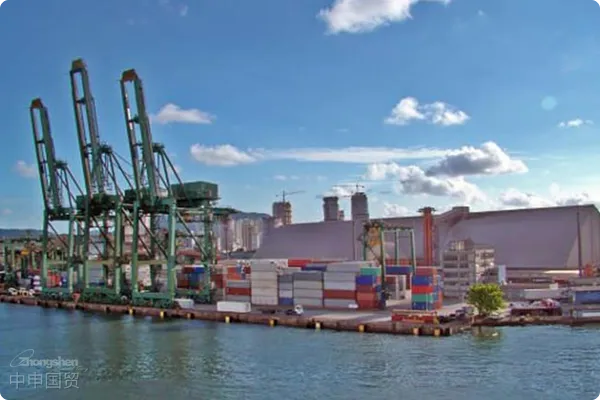
In international trade, agencyExport DrawbackWhile agency services provide convenience for many businesses, companies are often concerned about the associated costs. The cost of export tax rebate agency services is influenced by various factors, including the calculation method of service fees, the scale and complexity of the business itself. A deeper understanding of these cost components and their influencing factors can help businesses make more informed decisions when selecting export tax rebate agency services.
I. Cost Components of Export Tax Rebate Agency Services
Basic Service Fees
- This is the most direct part of the export tax rebate agency cost. Agencies determine basic service fees based on different charging models. A common model is to charge a certain percentage of the export amount, such as 0.5% - 3% of the export value. For example, if a companys export value is $1 million and the agency charges 1%, this part of the cost would be $10,000.
- Another charging model is a fixed fee per transaction. For small export businesses, the fixed fee might range from 2,000 to 5,000 yuan per transaction. This model suits businesses with small but scattered export volumes.
Additional Service Fees
- If a business involves special circumstances or requires additional services, additional fees may apply. For instance, if export documents have numerous issues requiring complex rectification by the agency, extra fees may be charged. Similarly, expedited tax rebate processing might incur a 20% - 50% premium over normal service fees.
- Additional fees may also arise when dealing with customs special supervision zones or requiring coordination with foreign agencies. For example, if goods are stored in bonded zones before export, the agency may charge extra for related procedures.
II. Factors Influencing Export Tax Rebate Agency Costs
III. Value Embodied behind Professional Export Tax Rebate Agency Fees
- For businesses with larger operations, export tax rebate agency costs may be relatively lower due to economies of scale. Large-scale businesses might negotiate lower percentage fees based on higher export volumes. Stable operations also reduce agency risks, potentially leading to fee discounts.
- Conversely, small businesses with limited volumes may face higher relative costs as agencies cannot achieve scale efficiencies, and unit costs for handling smaller transactions are higher.
CIF (Cost, Insurance and Freight):
- Businesses with diverse product ranges, multiple export destinations, or varied trade methods face increased complexity. For example, a company exporting both general goods and specially regulated high-tech products to countries with different tariff policies requires more agency effort for classification, policy research, etc., potentially leading to higher fees to cover additional costs.
– If a companys business involves high risks, such as exporting products subject to anti-dumping investigations or having a poor record in customs supervision, agencies may increase service fees to mitigate potential risks.
Conclusion
The cost of agency export tax rebate is a complex concept influenced by multiple factors. When considering agency export tax rebate services, companies should comprehensively evaluate their business situation, including scale and complexity, while comparing the fee structures and service offerings of different agencies to select the most suitable service. This ensures cost reduction and improved economic benefits while remaining compliant with laws and regulations.
Related Recommendations
? 2025. All Rights Reserved. 滬ICP備2023007705號-2  PSB Record: Shanghai No.31011502009912
PSB Record: Shanghai No.31011502009912
